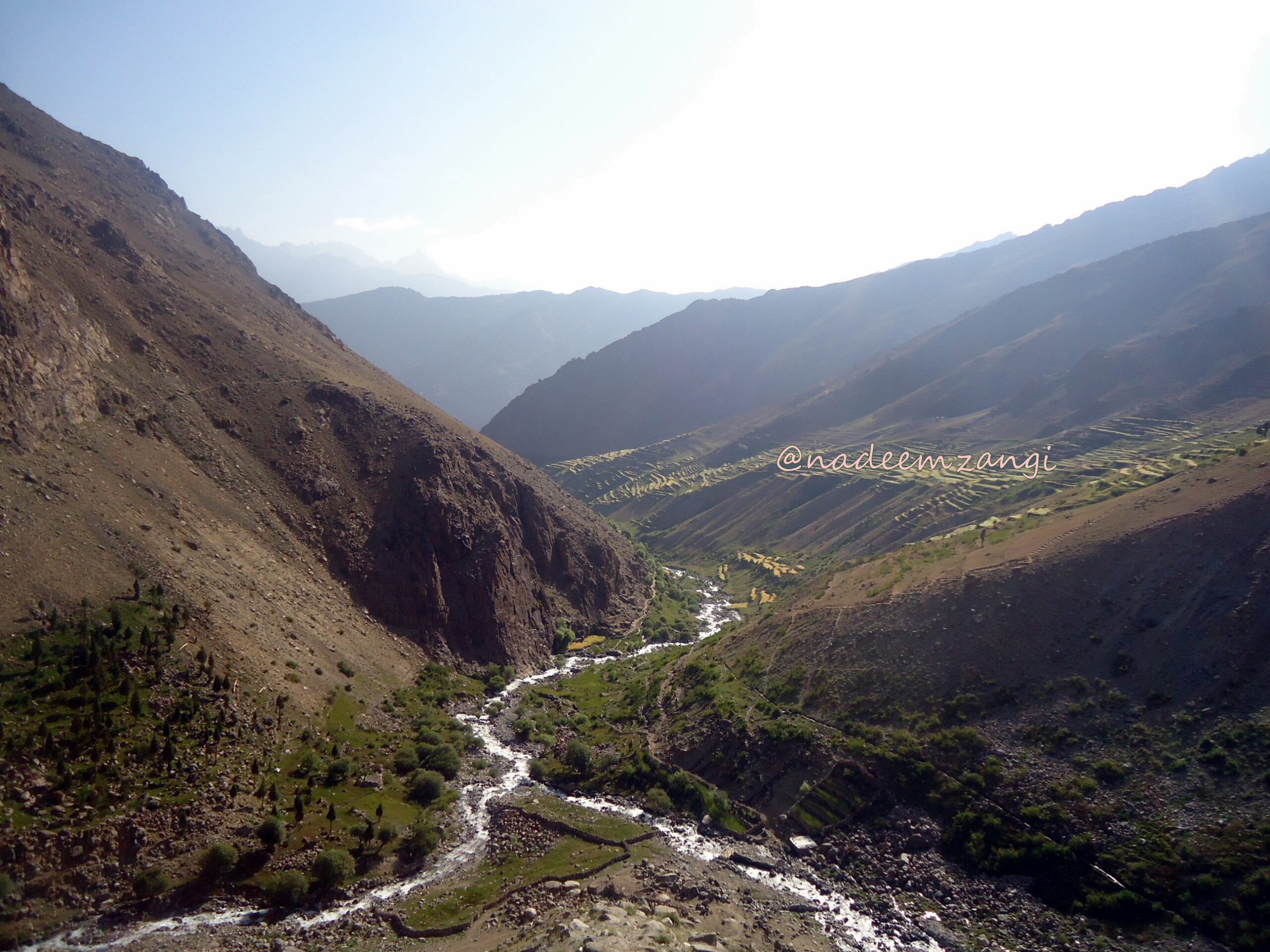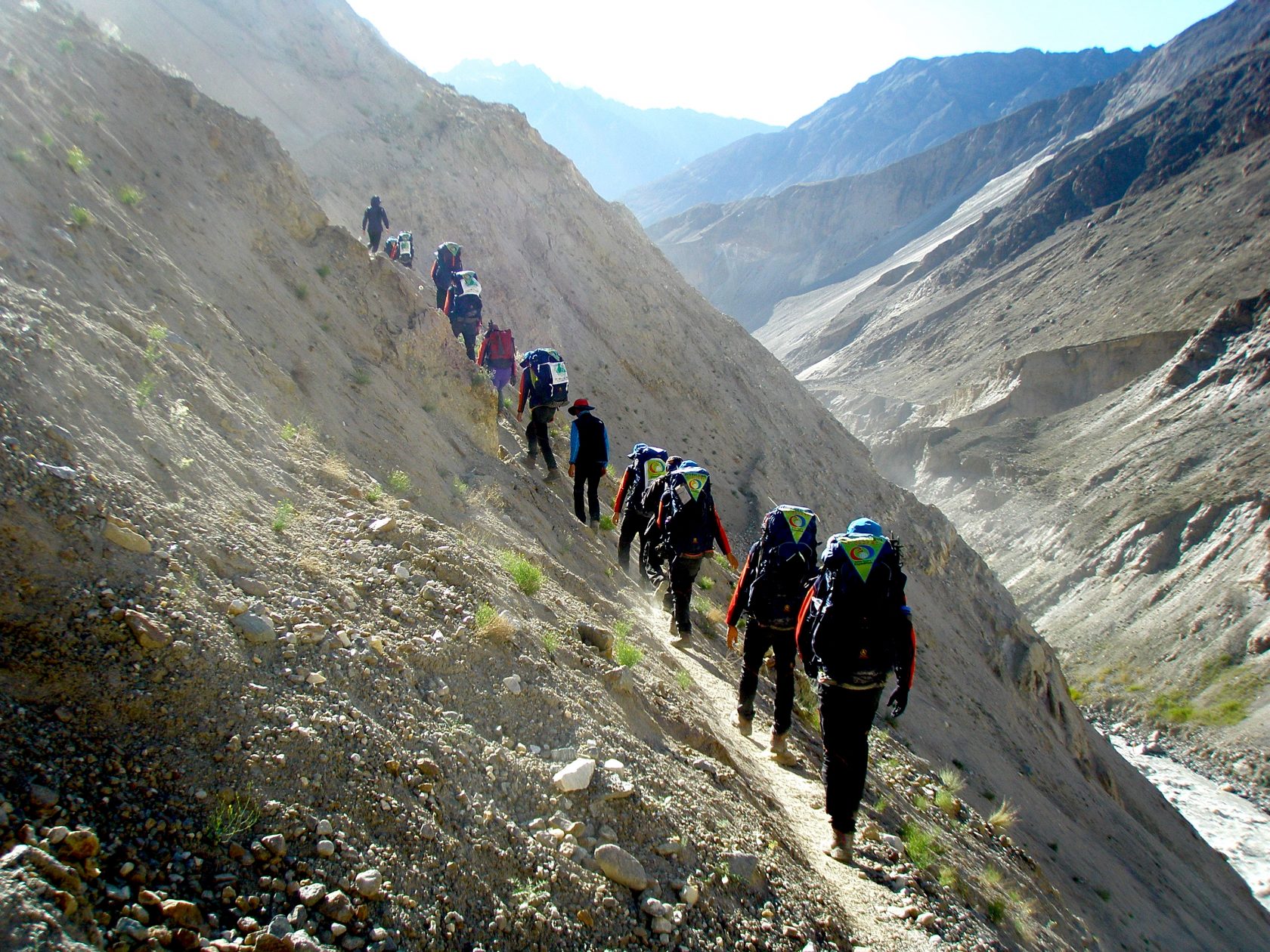- Dramatic Developments Reshape Nigeria: Current news impacting markets and governance.
- Political Restructuring and its Economic Implications
- Market Responses to Policy Changes
- Infrastructure Development and Investment
- Security Concerns and their Impact on Investment
- Regional Trade and Integration
Dramatic Developments Reshape Nigeria: Current news impacting markets and governance.
Recent shifts in the political and economic landscape of Nigeria are drawing international attention. These developments, ranging from policy changes to shifts in market dynamics, are having a significant impact on investors and stakeholders alike. Understanding these unfolding events news is crucial for anyone involved in or observing the Nigerian economy, as examining current affairs provides insight into the future trajectory of this influential African nation. This comprehensive overview explores the intricacies of these recent changes, moving beyond simple reporting of <span style=”font-weight: <strong>boldcurrent affairs to deliver a nuanced perspective.
The interplay between governmental decisions, market responses, and societal impacts is complex and demands careful analysis. From reforms aimed at attracting foreign investment to challenges related to security and infrastructure, Nigeria’s story is one of both potential and complexity. This article will delve into specific areas of transformation, offering an informed perspective on understanding the evolving narrative.
Political Restructuring and its Economic Implications
Nigeria has been undergoing a period of significant political restructuring, aiming to strengthen governance and improve efficiency. The recent appointments to key positions and the subsequent policy shifts are reshaping the administrative framework. One key aspect of this restructuring involves streamlining regulatory processes, particularly concerning foreign direct investment. These initiatives are intended to foster a more attractive environment for international businesses. However, challenges remain, including concerns about transparency and bureaucratic hurdles that could impede progress. The effectiveness of these reforms will hinge on consistent implementation and a commitment to accountability.
The realignment of power dynamics within the government is also playing a vital role. Newly appointed ministers are prioritizing sectors such as agriculture, technology, and infrastructure, signaling a shift in focus towards long-term sustainable growth. These priorities are supported by targeted investment plans and initiatives aimed at diversifying the economy away from its heavy reliance on oil. However, potential political instability and the risk of corruption continue to cast a shadow over these efforts, highlighting the need for sustained vigilance and robust oversight mechanisms.
The impact of these political changes is already being felt in the economic sphere. Investor confidence has seen a slight uptick, driven by the perceived commitment to reform. However, sustained positive change requires long term strategies, patience, and constant monitoring to ensure transparent procedures. The government’s ability to navigate these challenges will determine the extent to which Nigeria can unlock its full economic potential.
| Streamlining FDI Regulations | Increased Foreign Investment | Bureaucratic Delays, Lack of Transparency |
| Appointment of Key Ministers | Sector-Specific Growth (Agriculture, Tech, Infrastructure) | Political Instability, Corruption |
| Diversification Initiatives | Reduced Reliance on Oil, Economic Resilience | Implementation Challenges, Global Market Fluctuations |
Market Responses to Policy Changes
The Nigerian financial markets have exhibited varied responses to the recent policy changes. The stock exchange experienced a period of volatility, initially driven by uncertainty surrounding the new administration’s economic direction. However, as clarity emerged, and specific policy details were revealed, we saw a tentative recovery, boosted by renewed investor interest in undervalued assets. The currency market has also been affected, with the Naira experiencing fluctuations against major global currencies due to evolving economic factors.
The Central Bank of Nigeria has played a crucial role in stabilizing the financial system, implementing measures to control inflation and manage the exchange rate. These measures, while necessary, have also faced criticism for potentially stifling economic growth. Finding the right balance between monetary stability and economic expansion remains a key challenge. The effectiveness of these interventions will depend on the bank’s ability to navigate complex market dynamics and remain responsive to changing economic conditions.
Sector-specific impacts have been particularly pronounced. The tech sector, for example, has benefited from increased investment and a supportive regulatory environment. Conversely, the oil sector, while still dominant, faces ongoing challenges related to infrastructure deficits and declining global oil prices. Successfully adapting to these changing market conditions will require innovation, diversification, and a commitment to sustainable practices.
- Increased investment in the tech sector
- Volatility in the stock market
- Fluctuations in the Naira exchange rate
- Central Bank interventions to stabilize the economy
Infrastructure Development and Investment
A significant impediment to Nigeria’s economic growth has been its inadequate infrastructure. Recognizing this, the government has prioritized investments in road, rail, and power projects. These initiatives are not only aimed at improving connectivity but also at creating employment opportunities and stimulating economic activity. The ongoing construction of new highways and the rehabilitation of existing rail lines are expected to significantly reduce transportation costs and improve the efficiency of supply chains. Critical funding from international sources remains paramount for the successful execution of these ambitious projects.
However, infrastructure development in Nigeria is not without its challenges. Land acquisition disputes, bureaucratic delays, and funding constraints often hinder progress. Ensuring transparent procurement processes and efficient project management is crucial for overcoming these obstacles. Collaboration with the private sector, through Public-Private Partnerships (PPPs), is being seen as a promising avenue for mobilizing additional resources and expertise. PPPs can bring a wealth of experience and innovation to infrastructure projects, accelerating their completion and ensuring long-term sustainability.
The power sector remains a critical area of focus. Chronic power shortages have historically plagued Nigeria’s economy. Investment in renewable energy sources, such as solar and hydro, is gaining traction, offering a pathway towards a more sustainable and reliable power supply. Improving the transmission and distribution network is equally important, as losses during transmission significantly reduce overall efficiency. Overcoming these infrastructural bottlenecks is essential for unlocking Nigeria’s economic potential and creating a more favorable environment for businesses to thrive.
Security Concerns and their Impact on Investment
Security challenges continue to pose a significant threat to Nigeria’s economic stability and investment climate. Ongoing conflicts in certain regions, coupled with rising instances of kidnapping and banditry, are deterring both domestic and foreign investors. The cost of doing business has increased as a result of heightened security measures and the need for businesses to invest in private security. The uncertainty surrounding the security situation is also impacting consumer confidence and hindering economic growth.
The government has responded by increasing military spending and deploying security forces to conflict zones. However, a solely military approach is unlikely to resolve the underlying issues driving the unrest. Addressing the root causes of insecurity, such as poverty, unemployment, and social inequalities, is crucial for achieving lasting peace and stability. Investment in education, skills development, and job creation programs can help address these underlying issues and create a more inclusive society.
Strengthening law enforcement agencies and improving border security are also essential components of a comprehensive security strategy. International cooperation and intelligence sharing can help combat transnational crime and terrorism. Enhancing community policing and fostering trust between security forces and local communities can also contribute to improved security outcomes. Ultimately, creating a safe and secure environment is paramount for attracting investment, promoting economic growth, and fostering social harmony.
- Address root causes of insecurity (poverty, unemployment)
- Increase military spending and deploy security forces
- Strengthen law enforcement and border security
- Promote community policing and build trust
Regional Trade and Integration
Nigeria’s participation in regional trade agreements, such as the African Continental Free Trade Area (AfCFTA), presents both opportunities and challenges. The AfCFTA has the potential to significantly boost intra-African trade and accelerate economic growth. By reducing tariffs and removing non-tariff barriers, the AfCFTA aims to create a single market for goods and services across the continent. However, realizing these benefits will require Nigeria to address its internal constraints, such as infrastructure deficits and bureaucratic hurdles.
Successfully integrating into the AfCFTA will necessitate strengthening Nigeria’s competitiveness. Investing in value-added industries and improving product quality are essential for exporting to regional markets. Addressing non-tariff barriers, such as customs procedures and regulatory compliance, is also crucial. The government needs to streamline trade processes and create a more transparent and predictable business environment. Furthermore, enhancing border management and combating smuggling are vital for ensuring fair competition.
Furthermore, establishing efficient transportation links and logistics networks is pivotal for facilitating trade across borders. Investing in road, rail, and port infrastructure will reduce trade costs and improve the efficiency of supply chains. Nigeria must collaborate with other African countries to harmonize trade policies and standards, fostering a more integrated and competitive regional market. Embracing the AfCFTA requires a proactive and strategic approach, fostering collaboration and creating a conducive environment for businesses to thrive.
| African Continental Free Trade Area (AfCFTA) | Increased Intra-African Trade, Economic Growth | Infrastructure Deficits, Bureaucratic Hurdles |
| ECOWAS Trade Liberalization Scheme | Regional Market Integration, Reduced Tariffs | Non-Tariff Barriers, Border Management Issues |
Nigeria stands at a pivotal moment, navigating a complex landscape of political transitions, economic reforms, and security challenges. The ability of the government to effectively address these issues will determine the nation’s future trajectory. By prioritizing good governance, attracting investment, and fostering sustainable development, Nigeria can position itself as a leading force in Africa. Addressing infrastructural gaps and promoting regional integration are vital components of this endeavor.
The recent shifts, while presenting difficulties, simultaneously represent opportunities for growth, innovation, and progress. Sustained momentum and consistent implementation of outlined strategies, coupled with focused engagement on critical issues, will be paramount in shaping a prosperous and secure future for Nigeria.
























